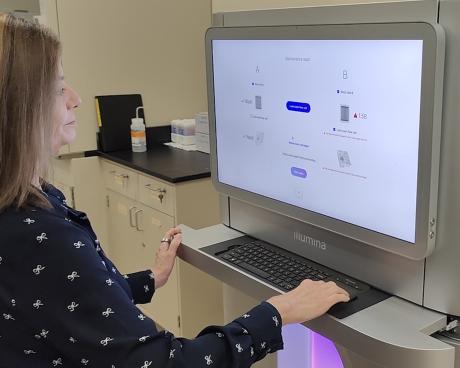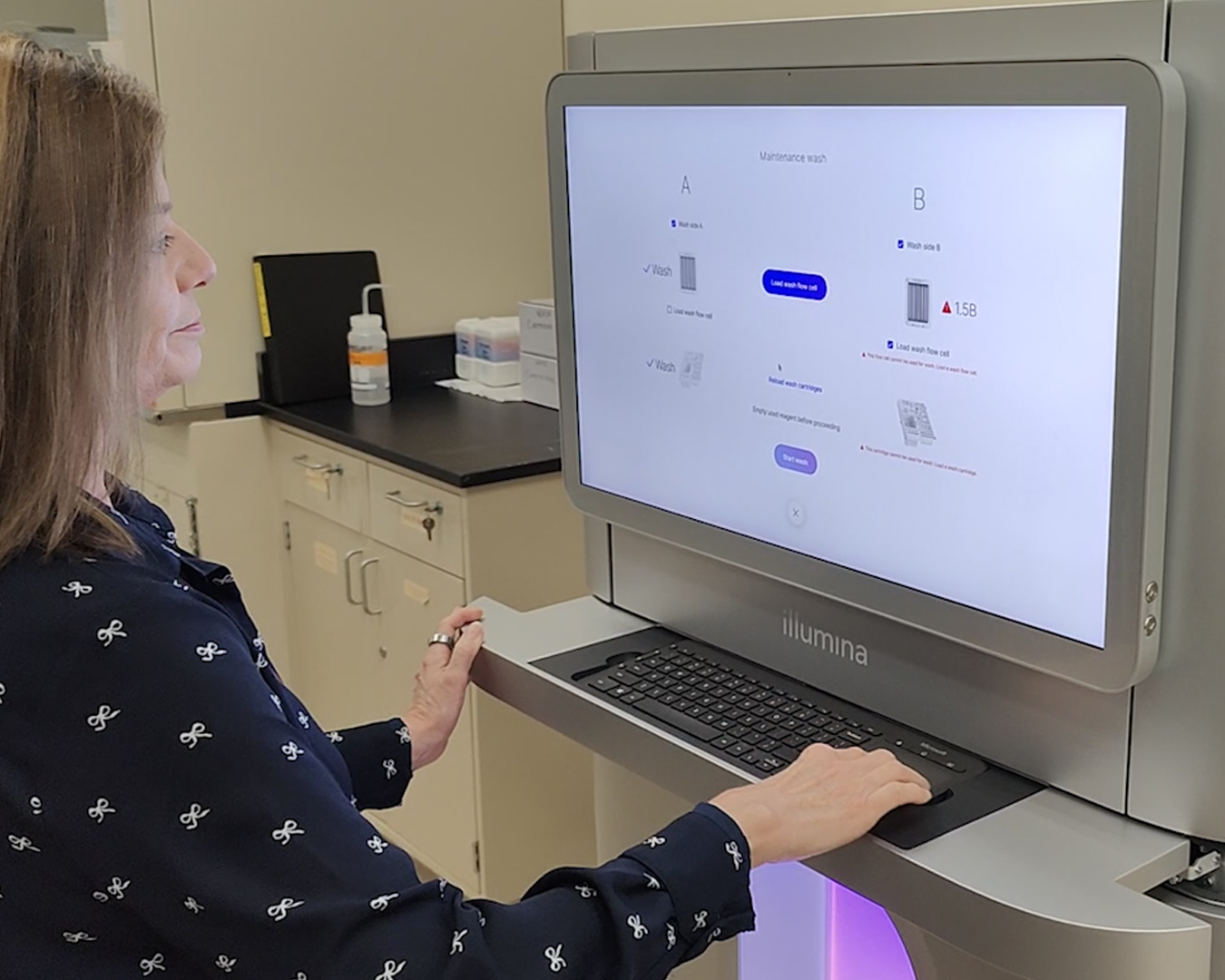Rare Disease Day 2025 shines light on IPRD's growth, future


The growth and impact of the Institute for Pediatric Rare Diseases (IRPD) at the Florida State University College of Medicine over its first 18 months of existence have been nothing short of remarkable.
On Feb. 28, globally recognized as Rare Disease Day, the College of Medicine will host Rare Disease Day 2025 from 9 a.m. to noon, beginning with a news conference featuring FSU President Richard McCullough and Florida Rep. Adam Anderson, R-Palm Harbor, the driving force behind the institute’s creation. Anderson has hinted at an announcement impacting IPRD and positioning Florida as a global leader in genetic and precision medicine.
A rare disease symposium will follow, which will feature several IPRD researchers presenting their latest findings, poster presentations from additional researchers and close with a presentation by newly appointed IPRD Associate Director for Precision Medicine David Ledbetter, Ph.D.
A distinguished scientist, administrator and human geneticist, Ledbetter was drawn to the College of Medicine from the University of Florida by IPRD’s work. His presentation will focus on the frontiers of rare disease genetics and genomics.
IPRD Director Pradeep Bhide, Ph.D. attended his first Rare Disease Day event last year at the Florida State Capitol and understands the benefit of bringing an “engaged audience” to the College of Medicine.
“It is where rare disease-affected families, scientists, clinicians and advocacy groups have an opportunity to come together,” Bhide said. “Having that day helps us as scientists, faculty and academicians to interact.”
It's the type of interaction that has helped IPRD evolve from initial conversations between Anderson and McCullough to securing legislative funding in July 2023 – formally announced from the Capitol steps Feb. 1, 2024 – to hosting its first Pediatric Rare Disease Symposium Oct. 7, 2024, which kicked off the weeklong, FSU Office of Research-sponsored Discovery Days.
“The driver [behind IPRD] has been Rep. Anderson and his commitment to the cause, driven by his personal experience,” Bhide said, acknowledging the legislator’s son, Andrew, who lost his battle with Tay-Sachs disease in 2016.
Anderson’s ceremonial announcement of $5 million in additional legislative funding for IPRD kicked off that event.
“It was a huge, huge success, both in the information that was delivered that day and also in the connections and collaborations that were made between individuals,” College of Medicine Dean Alma Littles, M.D., said. “We heard from a number of individuals who had the opportunity to attend and since then, we’ve actually hired some of those people. They were excited about what was happening here at Florida State with the Institute for Pediatric Rare Diseases, and we continue to hear from investigators throughout the state and the country.
“It has served as a catalyst for opening up opportunity and really getting the College of Medicine’s name out there, so that individuals realize that this is the kind of work that we’re doing here.”
To date, IPRD has helped launch rare disease research by 20 FSU scientists, several of them outside the College of Medicine, covering 23 different projects. In addition to research contributions from the college’s departments of Biomedical Sciences and Behavioral Sciences and Social Medicine, investigators across campus -- from psychology, chemistry/biochemistry, biological science and health, nutrition and food sciences – have joined in.
“Many of us were working on rare diseases, but we were doing it on our own,” Bhide said. “We did not really have a place – a hub – where we could all come and share our ideas or work together. But this institute has identified many ongoing or pre-existing projects and given them a home.
“The synergy has been remarkable. The news is spreading and we’re getting applications from all across the FSU campus, and we hope it will grow it a little further.”
The impact of the October symposium wasn’t limited to scientists striving to improve the lives of children with rare diseases through cutting-edge research and collaboration.
“I’d say 10 families or foundations for different rare diseases contacted me and some of them will be here for the Rare Disease Day,” Bhide added. “It’s really brought them together, as well.”
The Rare Disease Research Program is one of four components that make up IPRD.
FSU has approved a Master’s in Genetics Counseling at the College of Medicine for the fall of 2026, and both a Pediatric Health Center and a Genome Whole Sequencing Facility are expected to be operational later this year, rounding out the essential components.
“We have come a long way,” Bhide said. “All of these four programs have been launched. We have not completed anything yet, but we are well on our way to seeing results in a year or two.
“It’s just a matter of time and resources. Once we have those available…we are going to be well-equipped to deliver.”
He hopes IPRD’s Rare Disease Day 2025 will help continue that momentum.
“This is our inroad as a university into precision medicine and precision health.”
Contact Bob Thomas at Robert.Thomas@med.fsu.edu

